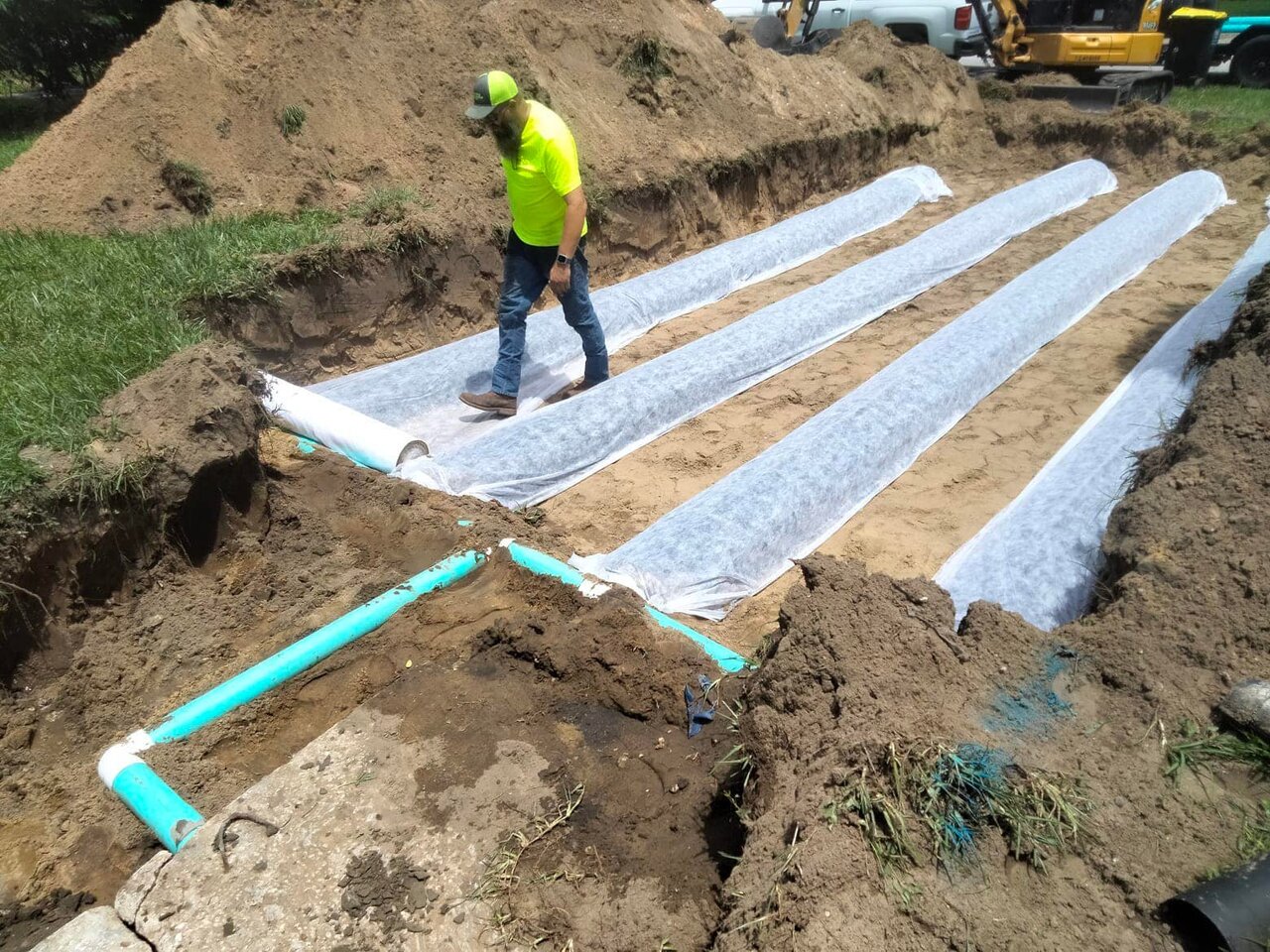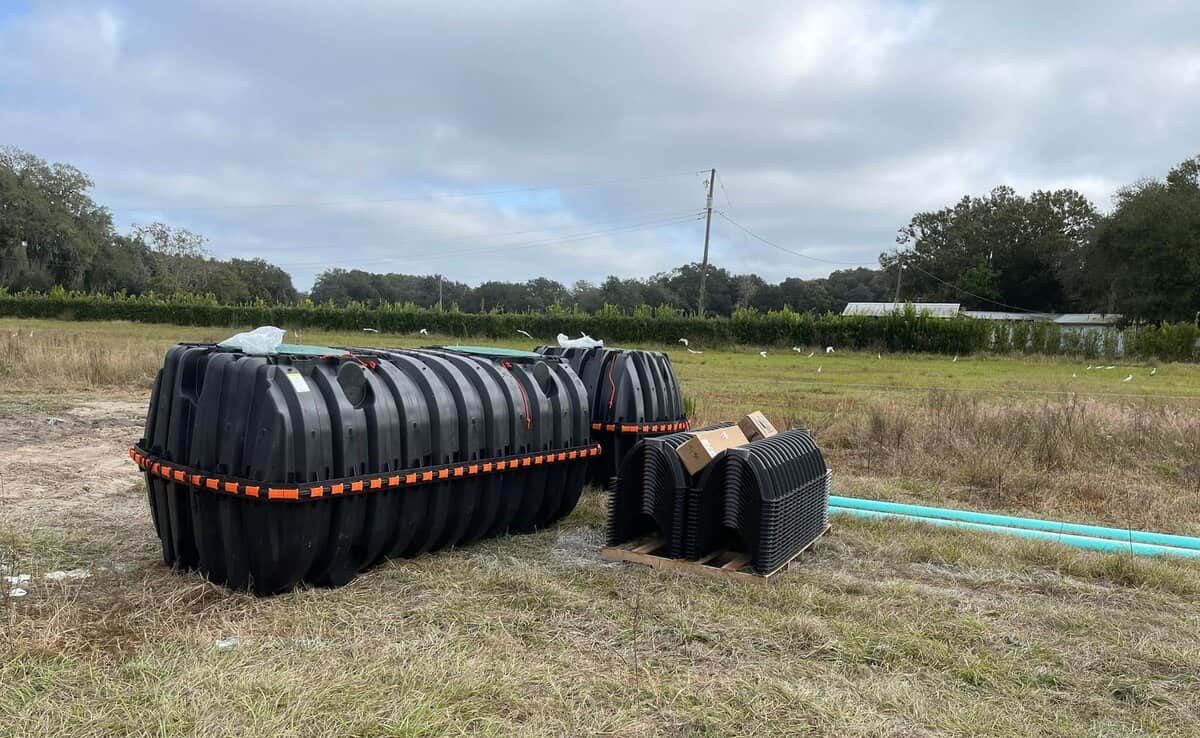How to Properly Adjust Water Pressure in Your House - adjusting water pressure regulator
Fatberg
If you have a septic system, then you need to be aware of the dangers that fats, oils, and grease (FOG) can pose. FOG can build up in your pipes, septic tank, or drain field, causing major problems like backups, overflows, and even sewage spills.
Proper maintenance of your septic tank grease trap is essential to its proper function. In order to ensure that your septic tank grease trap is working properly, you should have it pumped out and inspected on a regular basis by a professional.
Grease trapservice
With our transparent pricing, free estimates, and honest professionals, our company shines above the rest in Lakeland, FL. We are committed to finding out the issue the first time we walk foot on your property, and finding an effective and efficient solution that will fit within your budget. A septic problem is never something anyone wants to deal with, but we are ready to tackle anything you need. Contact us for a free estimate.
Homeowners or commercial property owners with septic systems know there are some important guidelines that they must follow to keep their systems functioning effectively. One of those guidelines is to limit the amount of fats, oils, and grease that get flushed down the drain, since these can lead to clogs.
Sewage
Of course, even with proper precautionary measures, some FOG can still get into your pipes. A septic grease trap can provide another layer of protection to prevent that FOG from causing problems with your septic system.

Septic tank grease traps work by allowing wastewater to flow into the unit while capturing the grease and oil. The unit consists of two chambers that are separated by a baffle. The first chamber is where the wastewater enters the unit. As the wastewater flows into this chamber, the baffle prevents the solid materials from flowing into the second chamber.
The frequency with which you have your septic tank grease trap pumped will depend on several factors, including the size of your unit and the amount of water that flows through it each day. A commercial grease trap will likely need more frequent cleaning than a residential grease trap, especially for businesses such as restaurants, bars, or cafes.
greasetrap是什么
To help further limit the amount of FOG that gets into a septic system, some have a device known as a grease trap, or grease interceptor, installed between the home or business and the sewer line or septic tank. The purpose of a grease trap is to capture grease and oil before they enter the septic tank or sewer system.
The best way to prevent problems caused by fats, oils, and grease is to keep them out of your septic system in the first place. You can do this in several ways:
Grease trapcleaning
When installed and maintained properly, a grease trap for a septic tank can be an effective tool in protecting your septic system from damage.

GreaseTraps for commercial kitchens
Our septic tank services include installation, pumping, cleaning, and inspections. We also offer installation, repair, and service for lift stations and drain fields for residential and commercial properties.
The second chamber is where the fats, oils, and grease are captured. This chamber is typically larger than the first chamber, which allows it to hold more grease. Once the fats, oils, and grease have been captured in this chamber, the remainder of the wastewater is then able to flow out of the unit and into either the sewer line or septic tank.

greasetrap中文
JavaScript seems to be disabled in your browser. For the best experience on our site, be sure to turn on Javascript in your browser.
FOG can come from many sources, including cooking oils, butter, margarine, lard, shortening, gravy, sauces, salad dressings, bacon grease, meat drippings, and more. When these substances are poured down the drain or flushed down the toilet, they can solidify and adhere to the walls of your septic tank and pipes, or even make their way into the drainfield. Over time, this build-up can lead to serious problems.
In addition to having your septic tank grease trap pumped out on a regular basis, you should also have it inspected periodically for any damage or leaks. If you notice any damage or leaks in your septic tank grease trap, it is important to have them repaired as soon as possible in order to avoid any further damage to your unit or sewer system.




 8615510865705
8615510865705 
 8615510865705
8615510865705